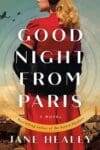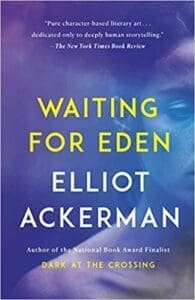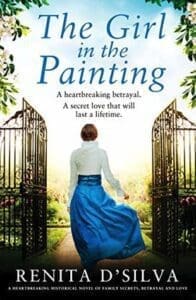My Review: 3.5 stars
All the Flowers in Paris was a dual timeline story, both taking place in Paris, one in present-day, and one during the horrific Nazi occupation. This book reads easily and will immerse you into the city of lights.
I really enjoyed the protagonist in the historical timeline much more than the present-day story. I believe the premise of finding a missing letter, diary and/or getting amnesia is getting a bit overused. I understand why authors use it; it always works! I can assure you though, if I found an old diary or letter, I’d go digging to learn the story behind them too.
Not many people realize the how much devastation was brought upon the Jewish population of Paris and I’m glad the author brought this to light. The horrendous treatment of Jews was palpable. They were bullied and broken and could barely eke out a living, let alone a life. I was broken by Celine’s abuse from the German officer. She also held the weight of her family on her shoulders and like most Jews, never believed it could happen ‘to them’. She and her father ignored many warnings, which again, I think most people would do too. The storyline also showed how quickly friends, customers and vendors of a Jewish person or business could simply disassociate themselves from their relationships.
The flowers were a beautiful metaphor that ran throughout the novel. I’m always been impressed with Jio’s writing. I’ve enjoyed many of her novels, especially Goodnight June.
Quotes I liked:
I am currently a person without a story. But I feel more like a person without a soul.”
“We will see her again. That’s what love does. It binds people together with ties that are stronger than time, stronger than war and destruction, evil, or pain.”
“Forgiveness is a gift, both to the receiver and to yourself. But no one can give a gift when she’s not ready to.”
“It’s funny, I had a crush on him my whole life, and he finally noticed me when I was an old lady.”
“Our customers are leaving us in a mass exodus, but can we even blame them? Associating with Jews is risky, everyone knows that. And yet, we are the Jews. The very Jews they turned to for the most beautiful arrangements for their most important moments of their lives: weddings, luncheons, christenings, births of babies, deaths of loved ones, engagements. If they trusted us then, why don’t they trust us now? We haven’t changed, but Paris has. And now our business is finished.”


















